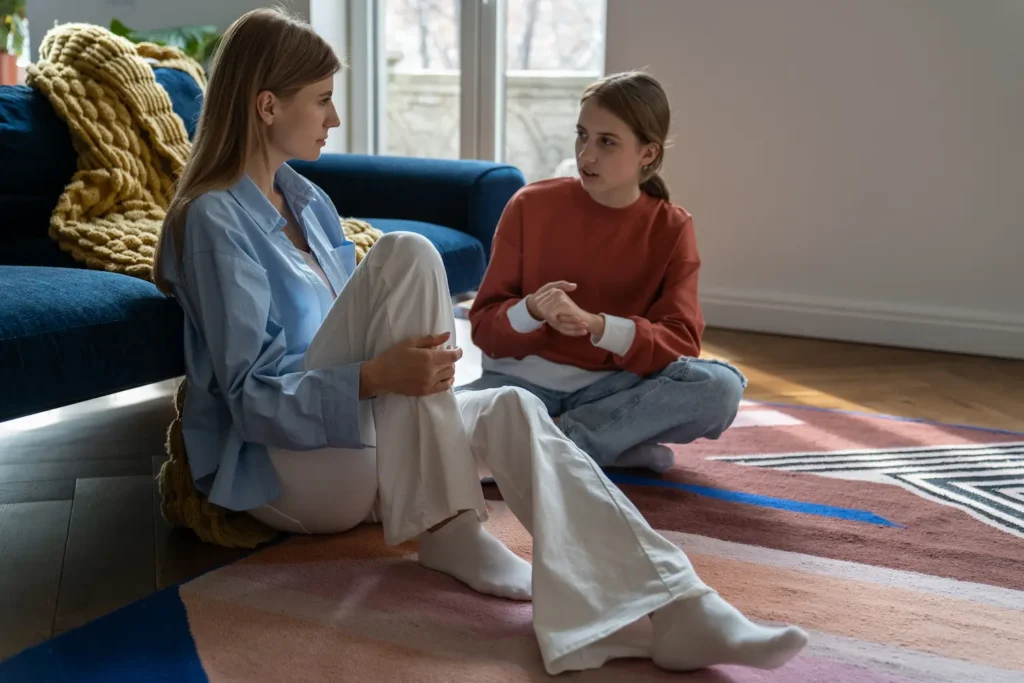A special op-ed from the desk of Julie Schwartz Gottman, Ph.D.
Al Franken, Harvey Weinstein, Kevin Spacey, Roger Ailes, and, yes, even our President, are all sexual predators by their own admission or video-captured actions.
National Public Radio just broadcasted an hour-long special on sexual harassment. Bless them. Anita Hill, plus Franken’s accuser, and a dozen other women spoke of why they hadn’t come forward at the time they were molested.
Emboldened by these brave souls and more, hundreds of others are now stepping forward: “Me, too.”
Jackson Katz, author of The Macho Paradox: Why Some Men Hurt Women and How All Men Can Help and the Nelson Mandela of abuser-victim reconciliation, is leading a movement, bringing together men and victimized women to speak to each other and listen. In his workshops, the women not only describe actual incidents but also their daily fearful behavior – crossing the street at night if a man is walking their way, holding keys in their hand for a potential weapon, never entering parking garages at night, the list goes on. All things we women do without thinking twice about it as a matter of course. The men listen, quiet and dumbfounded.
What does that say about cultural change? Much hasn’t changed. We still fear. We still don’t take safety for granted. Men, especially strangers, still represent a danger, even if innocent, which is tragic for men and women both. What man wants to be seen as sexist or a potential perpetrator when he’s bent over backwards not to be, and even embraced feminist values?
Yet male-upon-female rape and violence continue to traumatize women by the millions in this country, let alone across the rest of the world. One out of four girls has experienced sexual molestation or rape by the age of 18 in the U.S., and that’s only those who report it. And, given the minefield of our legal system, many women don’t report it – so the actual number may be 1 out of 3 or more.
My entire career has been devoted to treating these girls and women. As a clinical psychology intern at University of California, San Diego, my supervisor and I wrote the first anti-sexual harassment policy for the university, after hearing dozens of young women report faculty-on-student harassment. This, after I personally experienced at 14 a football player twice my size from the University of Washington, a friend of my brother’s, crawl into my bed and try to rape me. (I threatened to scream, so he left.) And only after 20 years, telling my brother about it; then in college as a freshman, getting raped; at 21, getting raped again; at 26, being molested by a psychiatrist during my own treatment for rape, who said it would help me recover from the rape – so many stories we could tell, right? “Me, too.”
Now is the time for reconciliation. It’s happening across the country. Women need to tell their stories to each other and to the men they trust, and they’re doing it everywhere. Let’s do it here and now.
At our best, we are a unique community – a collection of caring, committed souls who wish to do good in the world. Let’s start by being truth-tellers with those around us who are ready to listen. Only when we unearth the bedrock of truth (pun intended) can we create change.
It’s a great time to be a woman, and at 66, seeing finally a brave mounting wave of stories that are sweeping away the debris of secrets long silenced with threats. I’m so proud of the women of today and the men who listen. What a glorious time to be alive.







